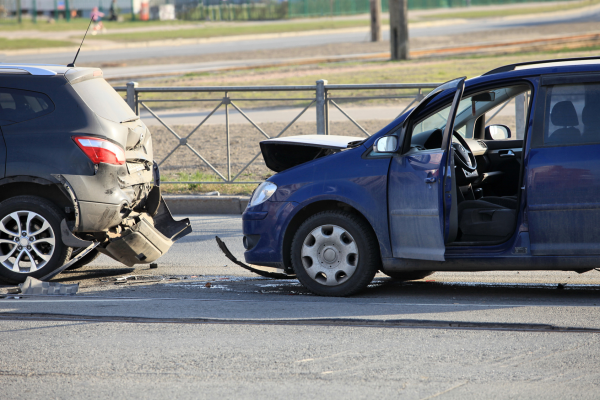
Dealing with auto accidents is often a tricky business; there are countless little factors that come into play when deciding fault, liability and compensation, and handling them positively can be a large burden on many drivers. When someone else driving your car gets into an auto accident, matters can become much more complex.
There’s a good chance you’ll be fraught with questions about your coverage and next steps, which may include:
- How do I (and more importantly, the insurance companies involved) determine who is liable in my accident?
- How will this accident affect my insurance rates?
- Am I accountable for my spouse or children if they crash my car?
- Who should I speak to next, to help clear up talks with my insurance company?
While this situation is probably a frustrating roadblock on your normal life, you’re not alone; these things happen more commonly than you might think. Fortunately, there are a few helpful steps you can take in the event of such an accident that can improve conversations with insurance companies and involved third parties.
How Insurance Companies Determine Liability
Immediately following an auto accident, you will likely be contacted by a number of insurance companies and agencies affected by your auto accident; in fact, you may even hear from a third agency, being that of your vehicle’s driver at the time of the incident.
Much of how auto accidents in these types of situations affect your insurance and compensation is decided through liability, and how insurance companies officially recognize fault in your incident. Liability is typically clear in accidents involving negligence, DUI and recklessness, but that may not always be the case.
The truth of the matter is that accident liability is very sensitive to change, given the myriad of small factors that influence an accident. When another driver behind the wheel of your car is involved in an auto accident, this matter is made even more complex.
As a general note, the only time another driver will be fully covered under your insurance when driving your vehicle is when they live in the same residence and are explicitly covered under your same policy (such as in a spousal or family plan). If they are not held under such a plan, they should never get behind the wheel of your vehicle (extreme exceptions being if you are incapable of driving due to medications or alcohol).
If Your Vehicle’s Driver is Uninsured
If persons driving your vehicle are involved in car accident, and are not covered under your insurance policy, you may ultimately be held liable. In this case, the only thing that can limit your accountability is the other driver’s own insurance plan. The worst possible thing that could happen in cases such as these occurs when your vehicle’s driver is not covered under your insurance, nor their own. In these cases, you will very likely be held entirely accountable for the accident; car insurance will follow the car it is attributed to.
Be incredibly wary when loaning your vehicle out to others; even loved ones. If they are uninsured and wind up in an auto accident with your car, there will be no secondary coverage to fall back on. If you’re insurance plan won’t cover damages to your vehicle, other vehicles or medical fees, you may end up paying out of pocket.
What You Can Do Right Away
In these extreme cases, one of the most helpful things you can do immediately is contact an experienced auto accident attorney to oversee your case and help you in conversations with involved insurance agencies. Despite all you can do to limit your risks of an auto accident, or of accidents occurring when another driver (insured or otherwise) is behind the wheel of your car, sometimes accidents just happen.
Whether the driver of your vehicle is at fault or not, in some cases, an accident is just a random, uncontrollable occurrence; it is called an accident, after all. While you can’t control driving conditions, other vehicles or roadways, you can control who you let drive your car, thus limiting your chances of getting involved in tricky auto accident situations, liability claims and accident fees.
In some cases, allowing another to drive your car is a necessity; just make sure that person is either covered under your own insurance plan, or sufficiently covered under their own.
